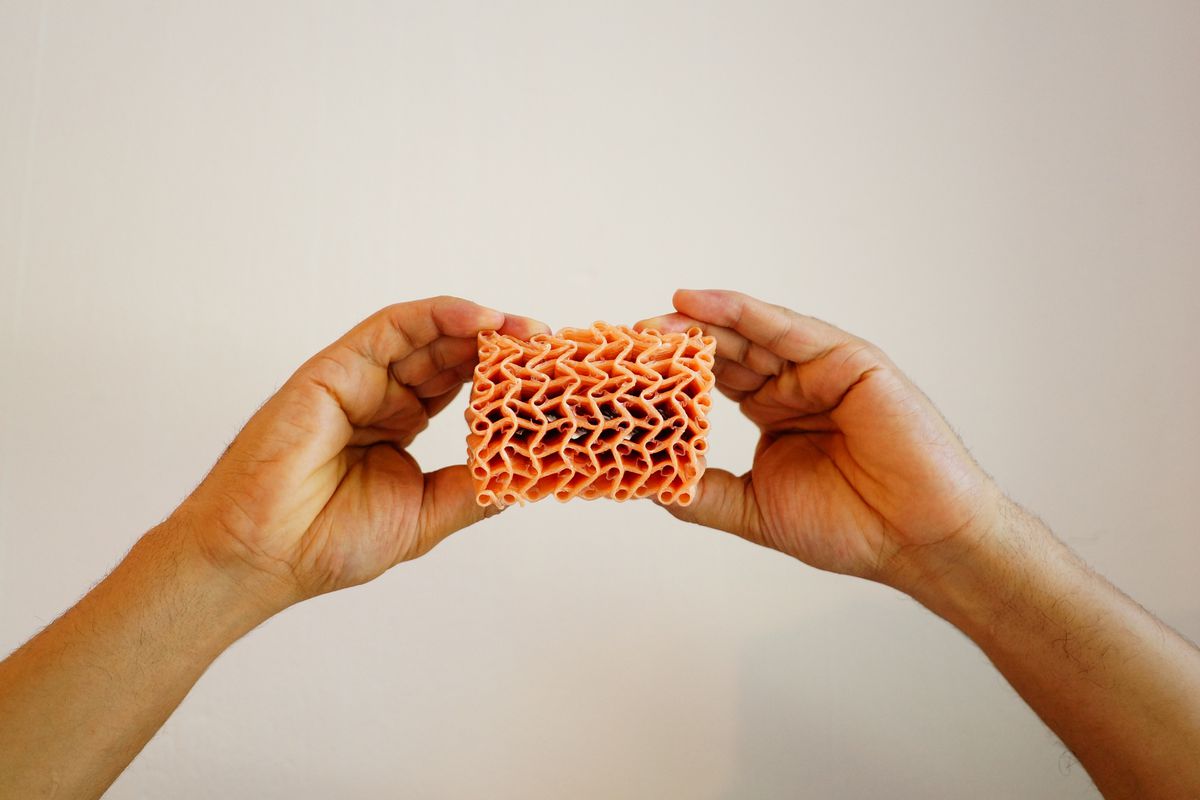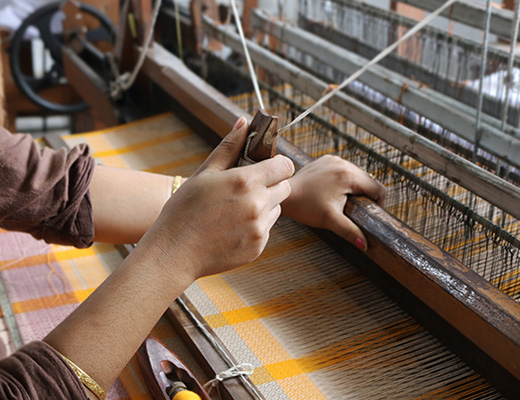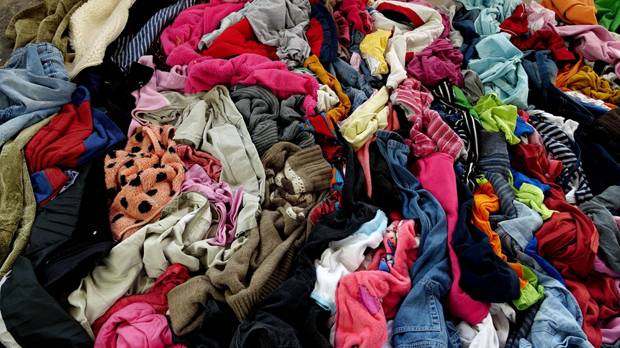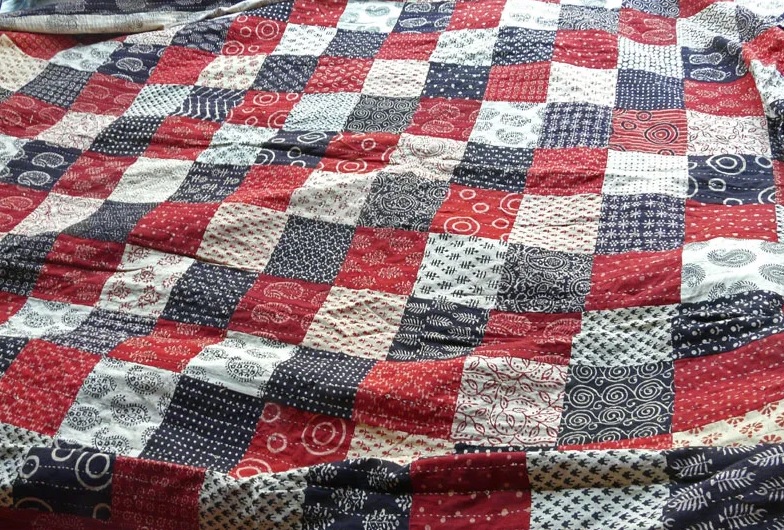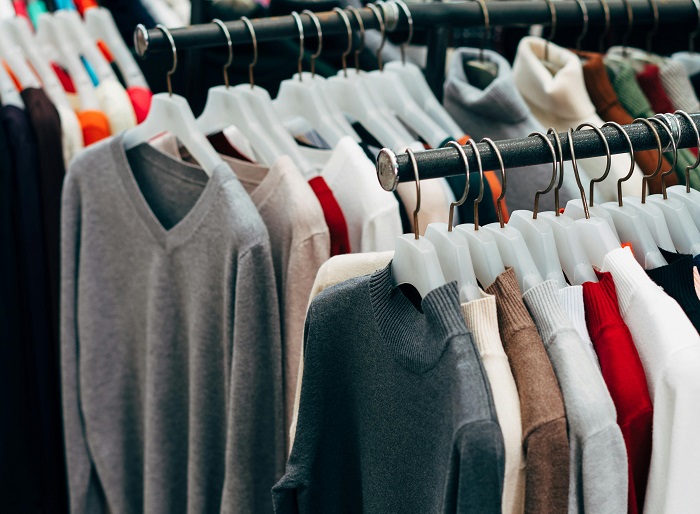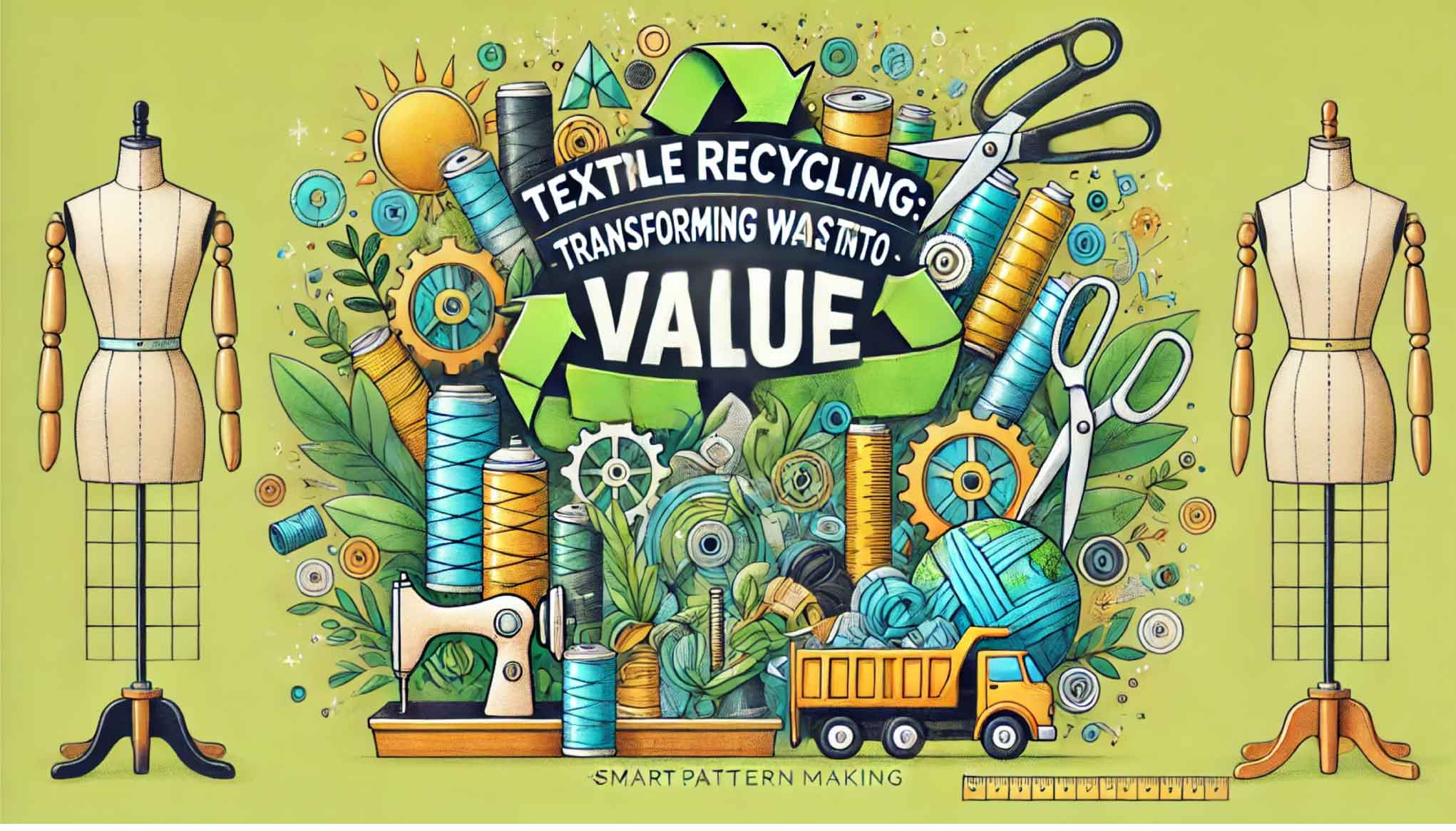In a crucial move towards combating forced labor in Xinjiang, National Council of Textile Organizations (NCTO) President and CEO, Kim Glas, has endorsed U.S. Representative Jennifer Wexton's call for intensified isotopic testing of imported products containing cotton sourced from forced labor in China.
Wexton's letter to Department of Homeland Security (DHS) Secretary Alejandro Mayorkas emphasizes the need for bolstering U.S. Customs and Border Protection's (CBP) capability to detect such imports using isotopic testing technology. The appeal follows a Reuters report revealing positive results for Xinjiang forced labor in cotton imports tested by CBP’s current contracted company, albeit with a limited 86 samples at a cost of $1.3 million.
Wexton, a staunch advocate for enforcing the Uyghur Forced Labor Prevention Act (UFLPA), particularly targets Shein, a prominent fast-fashion company currently eyeing a U.S. IPO. The letter proposes scaling up isotopic testing as a strategic tool in UFLPA enforcement, urging DHS to implement a six-month test program.
Wexton seeks a comprehensive report explaining the underutilization of isotopic testing in UFLPA enforcement, reviewing CPB's testing costs, exploring alternative testing providers, and assessing the isotopic expertise within the DHS and CBP workforce. As the U.S. endeavors to eradicate forced labor, Wexton's letter emphasizes the moral and legal imperative for DHS to lead the charge in dismantling such supply chains.

